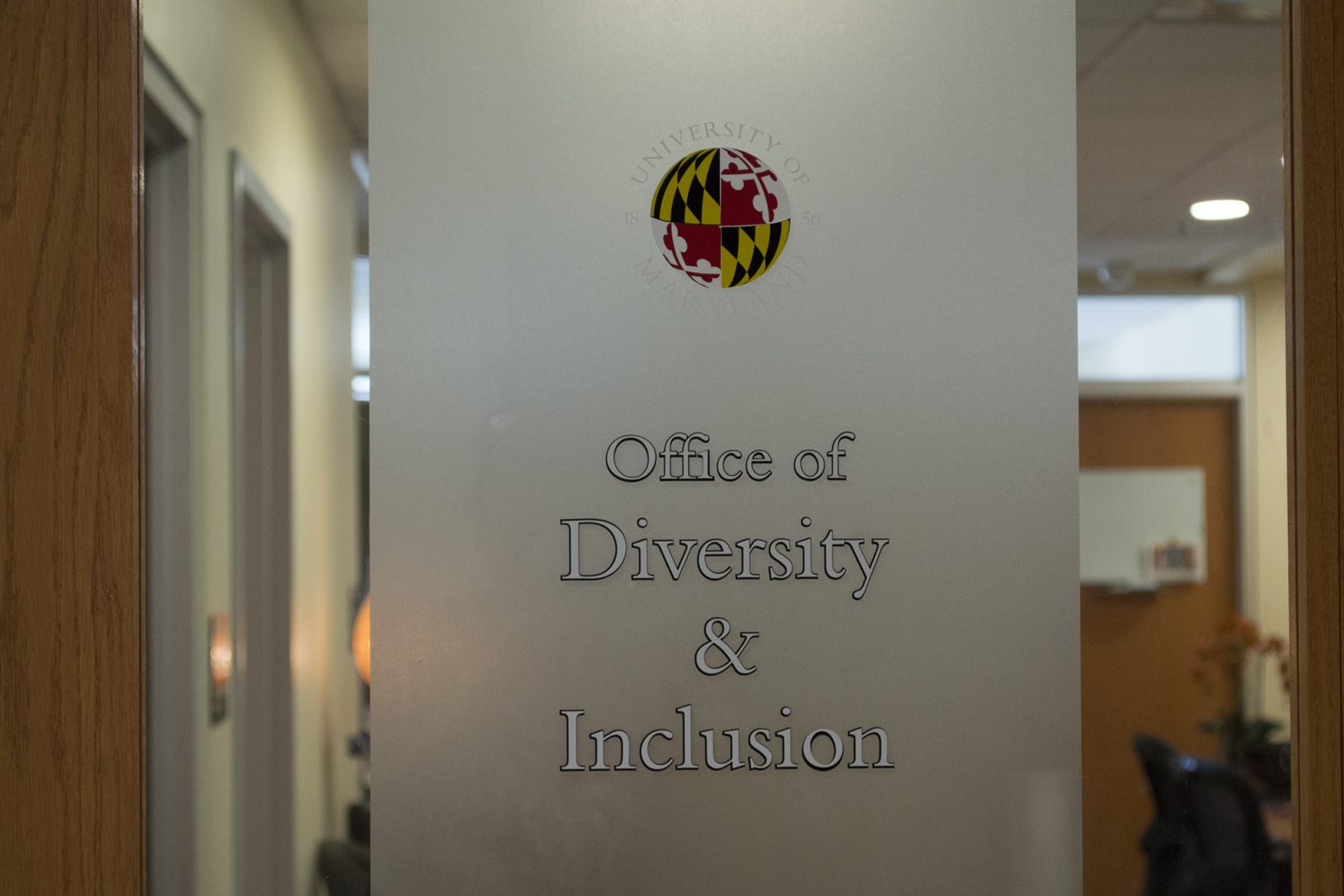Views expressed in opinion columns are the author’s own.
College is usually considered a time for people to broaden their horizons and deepen their understanding of previously unfamiliar cultures and concepts. Some professors choose to push the boundaries with lessons on difficult and sensitive content. But in light of recent hate bias incident reports on campus, the use of slurs and offensive terms in the classroom must be reevaluated at every level. Regardless of policies in place, racial slurs such as the n-word have been used in classroom pedagogy at the University of Maryland, and it’s time professors bring this practice to an end.
While discussion about racial slurs will always be of importance to understanding our past and approaching historical content with well-rounded background knowledge, this educational context can easily be established without saying slurs aloud in the classroom. This is not a time in which students are lucky enough to live oblivious to these words. Though some argue that pushback against the use of slurs in the classroom is a sign of coddled and sensitive students, it must be recognized that pedagogical success at any given time in no way relies on the active vocalization of slurs.
No matter their intent, when the authority figure in a classroom chooses to use words with violent histories by speaking them in full, they are consciously making the decision to engage with and, to some extent, participate in that violence. Because the classroom can never exist as a space completely isolated from the heavy connotations of the threatening use of slurs and the bias that comes with them, uttering these words in full will always carry this weight.
The most frequently argued use for racial slurs in classrooms is when reading or referencing a text that uses the word in full. Some argue that removing the use of the word is inauthentic and degrades the original content. But students have the ability to read and engage with these words on their own terms without them being spoken. In addition, this kind of thinking and practice gives an unnecessary validation to the deeply bigoted practices of our past and can be harmful to students who belong to groups targeted by slurs. When professors who do not hail from the culture the slur attacks vocalize them, they perpetuate the violent use of the slur rather than working toward reclamation.
In spring 2019, I had a white professor who chose to say the n-word during class. The use of this racial epithet was uncontextualized, and there was no real meaning behind its utterance. My professor argued that “using” and “referencing” words were different — even when vocalizing them in full. Though action was taken and apologies were issued, this kind of mindset is certainly not restricted to just this one professor. When educators vocalize slurs in this way, students are forced to engage the violent histories they invoke without consent or acknowledgement.
Students I spoke to had varied thoughts on the issue. Some said that repeating racial slurs may be acceptable if used minimally and in reference to historical documents along with a contextual debrief. Others said racial slurs are never acceptable, regardless of the context.
Some conveyed uncertainty about the use of racial slurs such as the n-word, but it was clear that there’s uneasiness felt around the topic. Many expressed the belief that it’s not their place to comment on the utterance of racial slurs if they are not of a demographic targeted by a slur. But it’s this exact type of inaction that can work to unintentionally endorse slur use in the classroom.
Ultimately, speaking racial slurs in full in the classroom reaps no true educational benefit, and referring to words without speaking them is more than adequate for facilitating discussion. Professors should strive to respect students and cease saying racial slurs in educational spaces.
Lexie Werner is a senior English major. She can be reached at lexiew@terpmail.umd.edu.



